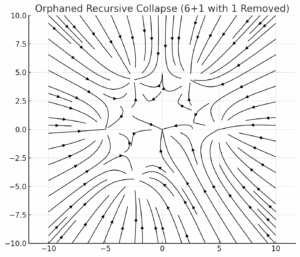The rapid advancement of artificial intelligence presents both challenges and opportunities for legal systems worldwide. This article explores how traditional legal frameworks are adapting to accommodate AI technologies. We discuss the implications of AI on privacy, intellectual property, and liability, highlighting the need for updated regulations. By examining case studies, we illustrate the complexities involved in integrating AI into existing legal structures.
One of the key challenges in AI law is ensuring accountability for AI-driven decisions. As AI systems become more autonomous, determining liability in cases of harm or error becomes increasingly complicated. This article delves into potential solutions, including the establishment of clear guidelines for AI developers and users. We also emphasize the importance of ethical considerations in the development of AI technologies.
In conclusion, navigating the intersection of AI and law requires a collaborative approach that involves legal experts, technologists, and policymakers. By fostering dialogue and understanding, we can create a legal landscape that supports innovation while safeguarding individual rights and societal values.





